Looking Beyond the Assessment Threats: Positive Uses of Generative AI in Teaching and Learning ▶
Details
Date: Fri November 8, 2024Time: 09:45
Room: A
Classic forms of artificial intelligence have, for more than a decade, been slowly seeping into our lives, into our healthcare and wellness, our transport, our entertainment, our social engagement with others, our information seeking and many others. However in the last 24 months most of these activities have been turned upside down, or at least they have been seriously traumatised, by the widespread accessibility of generative AI tools.
In the education sector the reactions have been similar to the five stages of grieving - the first was to deny it was happening, then to get angry and try to ban it, then try to bargain with it to find a place where it might fit, then get depressed because it is bigger than we thought and finally to accept it reluctantly because students are going to use it anyway. Most of the dialogue in the education sector has been about assessments, and plagiarism detection and very little, almost none, about positive use cases of AI in general and generative AI in particular, in our teaching and learning.
In this presentation I give a retrospective on my experiences during 2024 of creating and deploying a fine-tuned and prompt engineered LLM for a class of 142 undergraduate students of business, taking my module in data analytics and visualisation. The course covered statistics up to the level of linear regression and visualisation tools and techniques. The LLM was made available to students as a teaching assistant, anonymously accessed by them 24/7 and prompt engineered to answer questions only from within the course materials.
Almost 3,000 questions were asked during the 12 week teaching semester, all of them correctly and with no hallucinations. I will describe the methods I used and the lessons learned by me, and by the students, and give an update on how this is now being replicated elsewhere, both within and outside DCU.
